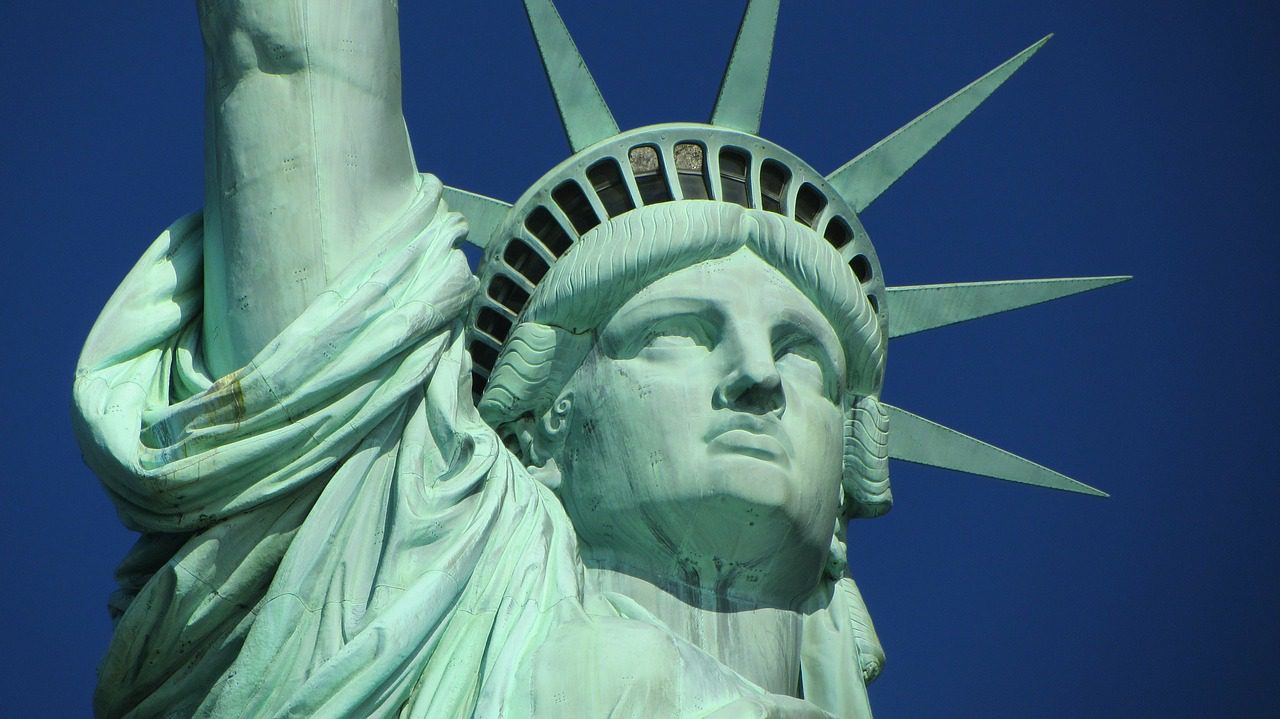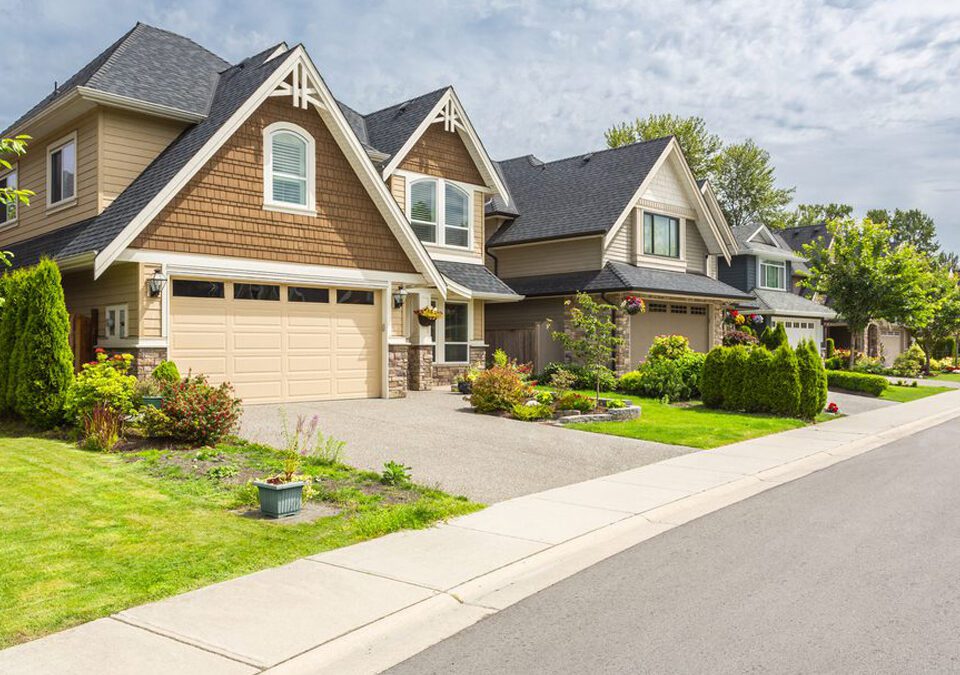
10 Factors of Pricing Home Insurance
May 16, 2021
Americans Moving to Texas – Patriots to The Lone Star State
June 16, 2021When calamity strikes, it’s essential to be protected, especially when striking your most prized investment. Before finalizing the purchase of your new home, most homebuyers are obliged to purchase homeowners insurance to cover the property from potential fire, smoke, lightning or other perils.
Homeowners Insurance, also known as Fire Insurance or Hazard Insurance, not only protects the homebuyer but also protects the mortgage lender from unplanned risk. This is why mortgage companies require properties to be insured and they also require their name, address and account number to be listed along with a 438-BFU mortgagee clause on the homeowners insurance.
Even if you feel that you may understand Home Insurance, the questions are endless and differ from home to home and state to state.
What Is Homeowners Insurance?
Homeowners insurance affords coverage to your dwelling and personal property (contents) inside your home. The purpose of the insurance is to return you to your same financial condition after the repair and/or replacement of your dwelling and personal belongings covered by the policy.
Mortgage companies require homebuyers to purchase homeowners insurance when obtaining a loan to ensure that the homeowner will be able to cover any repair costs after an incident. These days, most mortgage companies require home buyers pay for their Home Insurance & Taxes through an escrow account which is a savings account attached to the mortgage account. This way, homeowners will pay a fixed monthly amount which is deposited into the escrow account monthly and saved up awaiting the annual billing by insurance companies and semi-annual billing by county property tax collectors.
Sections Covered – Type of Damage
Homeowners insurance offers two types of damage, Dwelling and Personal Liability.
- Dwelling coverage offers protection against damage to the home. Perhaps covering the roof if destroyed by fire.
- Personal Liability offers protection against legal suits filed against you or your resident family member. If someone is possibly injured on the property and sues you for negligence, this section of coverage would offer defense and any court-ordered fees.
Common Home Insurance Forms
Insurance companies provide only a few homeowners insurance forms which are most commonly written by the Insurance Services Office, this is a great protection for consumers who don’t have to worry that the actual coverage form may differ from carrier to carrier making their choice of insurance terribly difficult.
The most common forms are:
- HO-3 Homeowners Special Form
- HO-5 Homeowners Comprehensive Form
- HO-6 Condo/Townhome Unit Owners Form
- HO-4 Renters Insurance Form
The HO-3 form is the most common owner occupied homeowners insurance policy form, the covered perils include:
- Fire and Smoke
- Lightning
- Wind & Hail
- Theft
- Explosion
- Falling Objects
Most preferred insurance companies will not insure a home for a value below it’s full reconstruction cost as calculated by reconstruction valuation software to which they subscribe to; also most carriers will only provide a replacement cost basis as opposed to actual cash value policies which allow for depreciation at the time of adjusting a claim.
Premium is charged according to coverage limits; higher limits come with a higher cost. The higher the Deductible, the lower the cost.
The Benefits of Homeowners Insurance
Home ownership comes with great benefits including tax deductions. Homeowners Insurance also has many benefits; a few of the following are examples:
Personal Contents & Liability Coverage
Not only does home insurance protect the dwelling but it also covers your personal belongings and offers protection against suits brought against you.
Temporary Housing Coverage
If your home becomes unlivable due to a covered loss, the insurance will provide assistance by paying for hotel rooms, rental replacement and/or storage fees as necessary.
Financial Security
Homeowners Insurance will prevent financial devastation should a large covered loss occur. One major incident could wipe out saving, cause major debt and leave the uninsured homeowner in a financial calamity.
Peace of Mind
It goes without saying that we should all have an emergency fund but that is easier said than done; it takes discipline and the additional funds allowing you to save. Homeowners Insurance offers a huge peace of mind, leaving you only to have enough funds to cover your deductible in the event of a covered loss.
How Much Does Homeowners Insurance Cost?
Every single home in every state will generate a different insurance premium. Every company uses a different formula for calculating the cost of homeowners insurance
Before purchasing a home and perhaps every few years, you’d most likely obtain a couple of insurance quotes to make sure that you are paying a fair rate for homeowners insurance.
It is possible to use the following insurance company link to obtain a FREE Online no-obligation Homeowners Insurance quote; you must have in mind that the more coverage selected will generate a higher premium and the highest possible deductible will generate a lower premium.
GET YOUR ONLINE HOMEOWNERS INSURANCE QUOTE TODAY
Factors Used to Determine Homeowners Insurance Premium
- Condition and Age of Home
- Location
- Credit Score (only applicable in credit scoring states)
- Deductible
- Limits of Coverage
- Claims History (both on Customer and Home)
What is and isn’t covered by Homeowners Insurance
Covered perils on the policy offer coverage for ‘SUDDEN & ACCIDENTAL’ loss. For example, a Fire, Lightning, Windstorm, Explosion or Burst Pipe may cause damage both suddenly and accidentally. If a water service line has been gradually leaking for a long period of time and causes damage, this would not be sudden and accidental. The homeowner has the responsibility to maintain the home in good condition to avoid issues thereby allowing the insurance policy to cover losses which accidentally occur.
The following items are not generally covered by Homeowners Insurance:
- Earth Movement
- Water Damage from Sump Pups or Sewer Backups
- Exterior Flood Damage (Flood Insurance would be necessary)
- Neglect
Is Homeowners Insurance Required?
There is no legal requirement to carry homeowners insurance or hazard insurance. Mortgage companies impose a contractual requirement in order to secure their interest in financing the home; if insurance isn’t secured, they have the contractual right to purchase forced fire insurance and impose the homeowner with the cost of insurance.
If a homeowner isn’t super wealthy and able to withstand the risk of losing the home in a total fire loss or perhaps able to withstand the risk of defending oneself in a personal liability lawsuit brought against the homeowner or household member, it would be prudent to carry homeowners insurance even if the home hasn’t been encumbered by a mortgage.
Even the wealthiest Americans carry homeowners insurance, although the wealthy homeowners would most likely carry a very high deductible and most probably pay a lower premium but take the small to moderate risk among themselves as self-insured.
How to Buy Homeowners Insurance
There are options offered from different insurance carriers; in areas of higher risk, there are fewer options.
GET YOUR FREE HOME INSURANCE QUOTE TODAY
Changing Homeowners Insurance Policies
Most of us don’t want to change insurance carriers; however, every few years we may realize that our present carrier has a change of desire to insure our area or perhaps haven’t had luck with losses in our area. A homeowner can change insurance policies at any time.
If you change insurance carriers, you should first purchase a new homeowners insurance policy on a future date and once receiving confirmation, request the cancellation of the prior policy on the same date.
If your present carrier was paid by your mortgage impound account, you would ask the new carrier to bill your mortgage company and the prior carrier will refund the mortgage company for the unearned premium due back to the customer.
If you have a mortgage impound account and receive an insurance premium refund, it would be advantageous to contact your mortgage company and return the funds to the impound account so that there would be sufficient funds in the account for the next round of scheduled bills. If there is a shortage at the end of the year in the impound account, the mortgage company will adjust the monthly mortgage payment to deposit sufficient savings to cover future hazard insurance and property tax bills.
Neutral Information about Homeowners Insurance
You may always feel free to view the website of the Insurance information Institute or your specific State Department of Insurance websites in order to gather information regarding this very valuable and beneficial form of insurance to protect most likely your most valuable asset.

